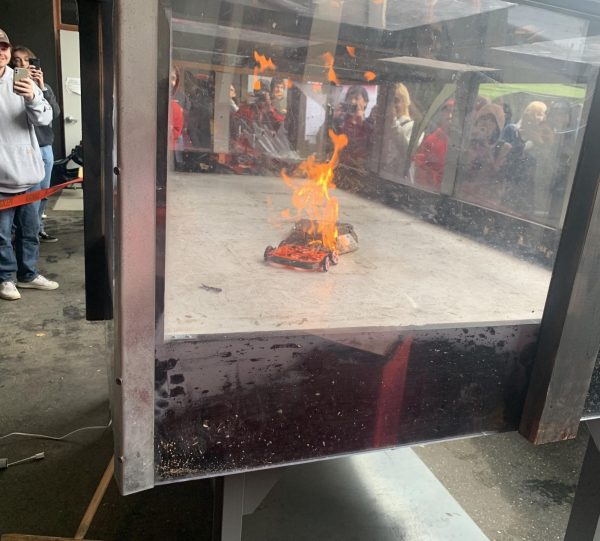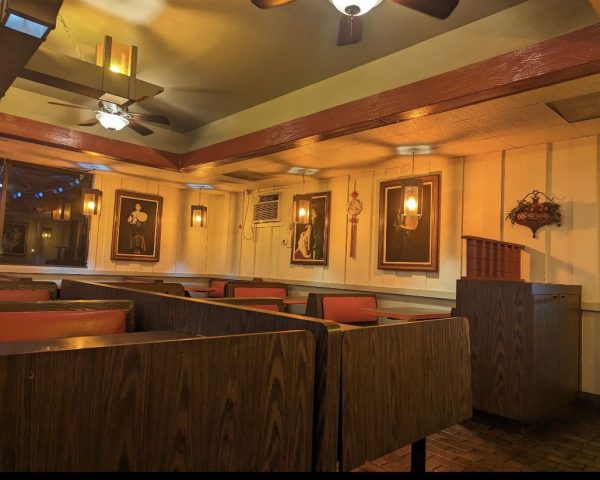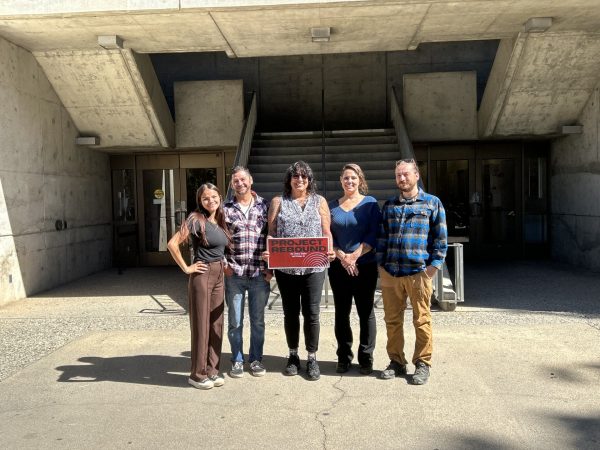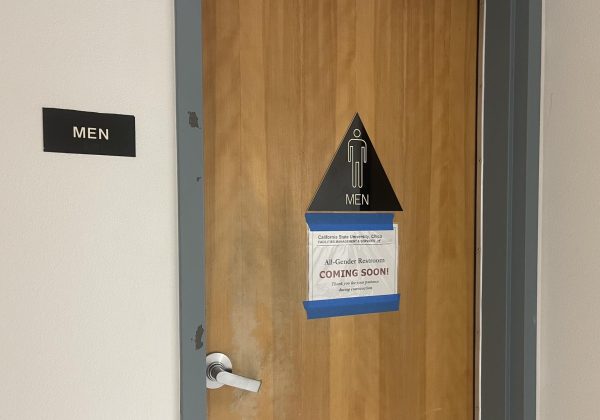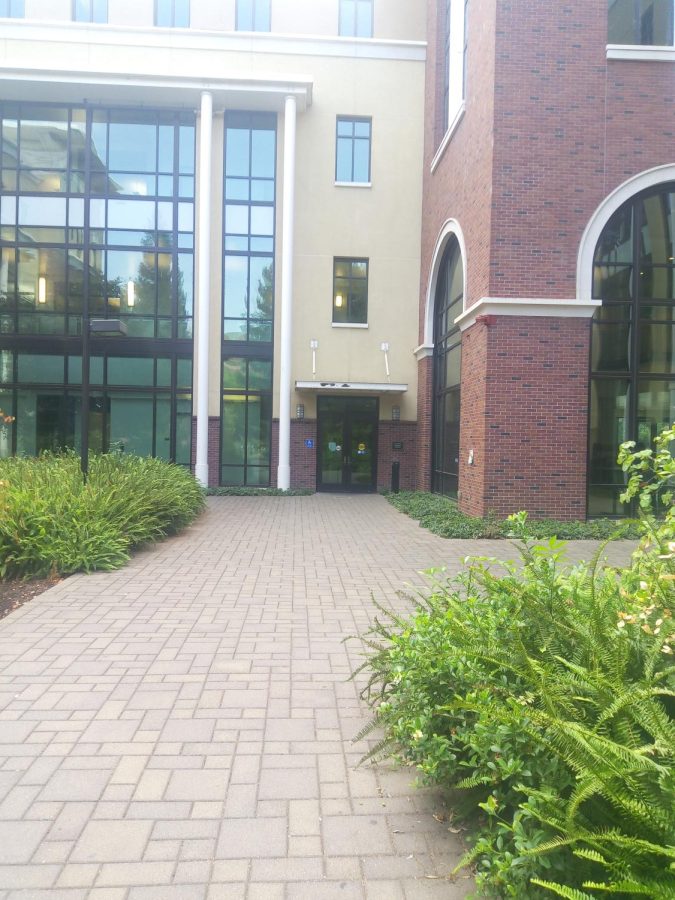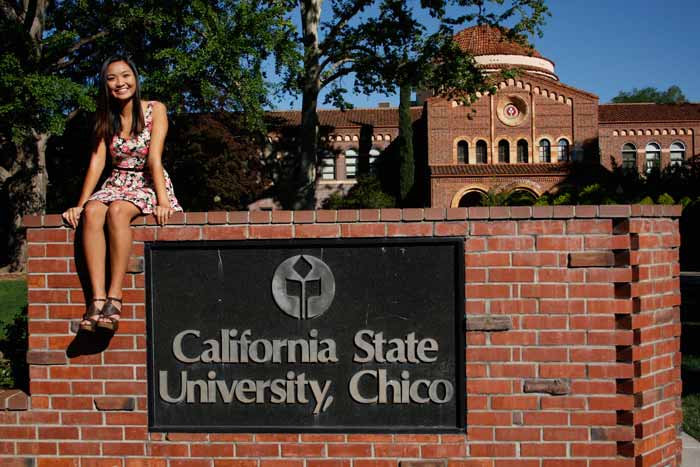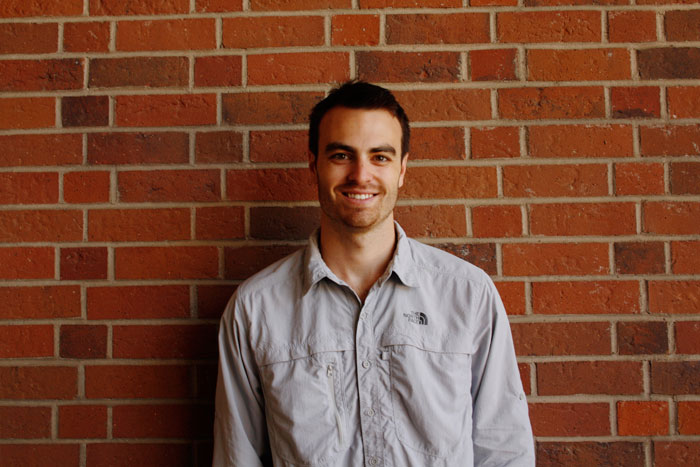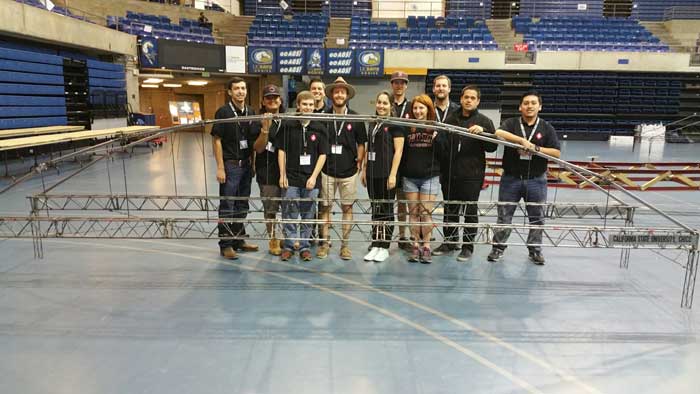Published 2011-04-25T22:50:00Z”/>
Melissa Hahn
Chico is known for its university, agriculture and vast nature – and the residents want to keep it that way.
The Chico City Council passed a new general plan April 12, which replaces the one passed in 1994. The new plan will keep agricultural land from commercial and residential developments.
The reason is to keep Chico from sprawling out, not from urbanizing, said Kirk Monfort, a professor who worked in the planning commission for 17 years. The idea is to make development compact and dense, rather than outside city limits toward the farmlands.
Chico residents value the “small-town feel” of the town, said Natalie Rold, a senior nutrition major who grew up in Butte County.
“I know the mindset of a lot of the people that live here is that they don’t want to see it get big,” Rold said. “Chico really thinks of itself as being for the environment, keeping it local as far as the agriculture, and sustainable.”
The city flourished in the ’80s and ’90s with the addition of the mall, restaurants and superstores on the southeast side, Monfort said. These lands were just farmland a few decades ago.
The development of the East 20th strip was because of a “Greenline” policy that was drawn on the west side of town, which stated that there couldn’t be more construction, he said.
The Greenline was adopted jointly by the City and the County in 1982, according to sccgov.org.
These measures were adopted to ensure maintenance of the Greenline included a mutual agreement between the city and the county about land use. Now there is environmental restriction on both east and west sides of town, and the question is what’s going to happen to the north and south. There has been urbanization in the north end of town around East Avenue and Eaten Road in the ’90s.
However, with the economy at a decline, there is less demand for rentals, said Peter Tichinin, a
broker and owner for Prudential California Realty.
Comprising the Greenline for city expansion might lure a bigger market and out-of-town residents, but considering the notable vacancy of properties, it may not be an effective economic decision, Monfort said.
“Modifying the Greenline in Chico is like nationally telling people they’re going to live on social security,” he said. “It’s just political suicide in this town.”
Keeping the town centrally dense can benefit Chico’s economy rather than strain it, because it will prevent increasing taxes, Monfort said. Conversely, there is a lack of high-end job opportunities, and therefore
some who want to stay in town, particularly graduating students, may struggle financially.
The Greenline is especially valuable to resident farmers. Putting properties near rural land would hinder the criteria in farm production, which would consequently increase expenses for the farmers, said Rold, who comes from a family of farmers.
Because Chico State is an essential part of town and is surrounded by nature, there is a mix of rural and urban flavors that offers variety in leisurely activities and attracts residents, Tichinin said. It’s possible to travel a short distance from the downtown urban area and be in completely rural scenery.
“People want to be in nature,” Monfort said. “People don’t want to live in a big city. I think people wouldn’t mind there being more people, as long as we don’t wreck the feel of the town.”
<hr />
<strong>Melissa Hahn can be reached at</strong>
<em>[email protected]</em>
